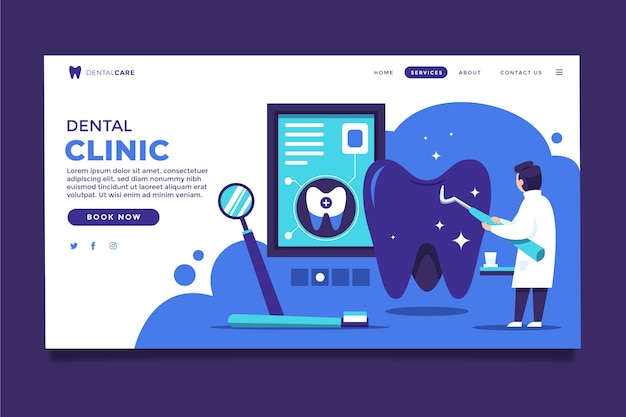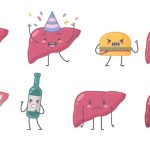
Did you know that oral cancer is an often overlooked, yet serious health concern? The Oral Cancer Foundation reports that every day, nearly 100 people are diagnosed with oral cancer. Worse yet, every hour, somebody dies from it. Oral cancer has a higher mortality rate than many other forms of cancer, primarily because people aren’t aware of its causes and symptoms. Let’s clear some things up about oral cancer.
Oral Cancer: Who’s at Risk?
Certain factors can put you at a higher risk for oral cancer. Generally, if you’re a man over 50, you need to be especially vigilant. But here are some other common risk factors:
1. Smoking: If you’re a smoker, you’re six times more likely to get oral cancer. Cutting out cigarettes could save your life.
2. Alcohol: Frequent drinkers (3-4 drinks daily) are at a higher risk too. And if you both smoke and drink, you’re in the highest risk group. Around 75% of oral cancer cases involve those bad habits.
3. Tobacco: Even without the smoke, tobacco’s dangerous. If you chew it, you’ve still got a significant risk.
4. Graft Versus Host Disease (GVHD): This can happen after a stem-cell transplant and increases your risk of oral cancer.
5. Human Papillomavirus Infection (HPV): Not all HPVs cause cancer, but some do. People with HPV-related oral cancer often aren’t smokers or drinkers.
6. Fanconi Anaemia: This is a hereditary blood disorder. People with it can be up to 500 times more likely to develop oral cancer.
Can We Spot Oral Cancer?
The good news: if we catch oral cancer early (when the tumor is still small) we can treat it. So, if you have any worrying signs or symptoms, go see a specialist ASAP. Don’t take chances.
Can Quitting Smoking Help?
Absolutely. Smoking can cause all sorts of oral health problems, not just cancer. It can lead to gum disease, stain your teeth, slow healing after dental treatments, and even reduce your senses of taste and smell. If you’re trying to quit, here are a few tips:
1. Keep your mouth busy with sugarless gum.
2. Exercise and stay active to reduce stress.
3. Seek therapy if you feel stressed or down after quitting.
4. Stay busy to distract yourself from smoking cravings.
5. Regularly see a dentist to keep tabs on your oral health.
Symptoms of Oral Cancer
Several signs might indicate oral cancer. These include:
1. White or red patches in the mouth
2. Numbness in the mouth
3. Irritating or thick patches in the mouth
4. Difficulty moving the jaw or tongue
5. Ear pain without hearing loss
6. Swelling of the jaw
Remember, prevention is better than cure. Schedule regular oral check-ups to catch potential issues early. Don’t ignore oral conditions; they might even result in tooth loss and expensive dental work down the line. So take care of your oral health – it’s super important!
For more info, you can check these sources:
– [WebMD](https://www.webmd.com/oral-health/guide/oral-cancer)
– [Mayo Clinic](https://www.mayoclinic.org/diseases-conditions/mouth-cancer/symptoms-causes/syc-20350997)
– [Cancer Center](https://www.cancercenter.com/cancer-types/oral-cancer/about)
– [NIDCR](https://www.nidcr.nih.gov/health-info/oral-cancer/more-info)
Take care of your smile!


